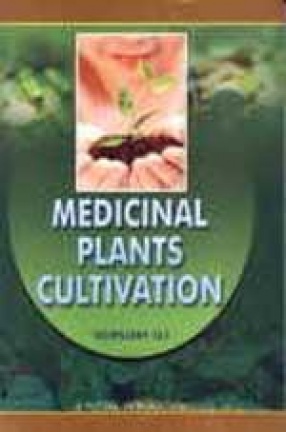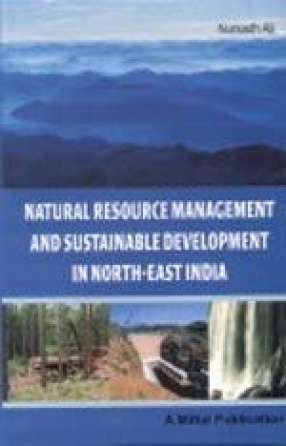Medicinal Plants Cultivation: A Comparative Economic Analysis
In stock
In recent times plants having medicinal values have attracted enormous attention because of two reasons; first, for the rationale of biological diversity and second, because of economic contemplation. Concern regarding the diversity of plant species has become imperative as loss of forests, particularly in the Eastern Himalayan region, many cause extinction of many valuable medicinal plant species for ever. The tribal communities having vast indigenous knowledge system regarding the medicinal values of various plants are also used to practice Jhum Cultivation that causes deforestation and hence extinction of a large number of plant species. Then why they continue to practice Jhum Cultivation? Is this mode of cultivation more profitable? What is the rate of return from the cultivation of medicinal plants? Is farming of medicinal plants an alternative to Jhum cultivation? This book finds that for sustainable development agricultural sustainability is required and Jhum or shifting cultivation is no more sustainable from the ecological point of view as Jhum cycle in recent times has reduced drastically. Calculating benefits and costs of medicinal plants’ cultivation as well as that of Jhum we observe that private benefit-cost ratio of the former type of farming is higher than the latter and when social costs and benefits are included with private costs and benefits we estimate much higher benefit-cost ratio of medicinal plants than Jhum Cultivation.







There are no reviews yet.